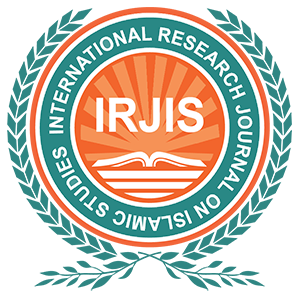Abstract:
This article will present a researched and critical review of the beliefs and creeds expressed by Muhammad Sheikh regarding the apostleship of Holy Prophet Muhammad (PBUH). Muhammad Sheikh was born in 1952 in Karachi. Having acquired basic qualifications from Karachi he shifted to Canada. He has based and run a preaching center with the name of “International Islamic Propagation Center” in Canada since 1985. In which he delivers his speeches on the topic of Qur’ānic subject and during his speech he presents his own exaggerations and interpretations. Exaggerations and interpretations which he presents are not been interpreted by any Islamic scholar the history and also, are not present in the principle of exegeses. For instance, he describes Holy Prophet Muhammad (PBUH) as an imaginary personality and his name Ahmad is only his attribute. Whereas the Holy Prophet (PBUH) Himself mentioned his name as Muhammad and Ahmad indeed, there is consensus among the Ummah on that Muhammad (PBUH) is a historical personality and even non-Muslims cannot deny this. Similarly, Muhammad Sheikh denied the “Nabū’wat” of Prophet Muhammad (PBUH). He does not accept the shar’iah of Holy Prophet Muhammad (PBUH) and believes that from the beginning to end there is only a spiritual guide and instructor whose name is Muhammad. To prove his opinions, he gives evidence by presenting wrong descriptions and falling omission explanations of Qur’ānic verses. Whereas all the experts, saints, interpreters and majority of muhaddeseen believe that Holy Prophet Muhammad (PBUH) is the last prophet of Allah Almighty after Jesus Charest and the sharia revealed on him is also the last one and he is the major blessing of Allah for the entire mankind. Hence, the description of Muhammad Sheikh regarding Prophet Muhammad (PBUH) has not been described by anyone and the whole Ummah does not accept his point of view and these are not according to the teaching of Qur’ān. In this article, an analysis of Muhammad Sheikh’s point of view has been discussed briefly.
Keywords: Exegesis of Qur’ān, Tafsīr, Skepticism, Singularities of Muhammad Sheikh, Distorts

